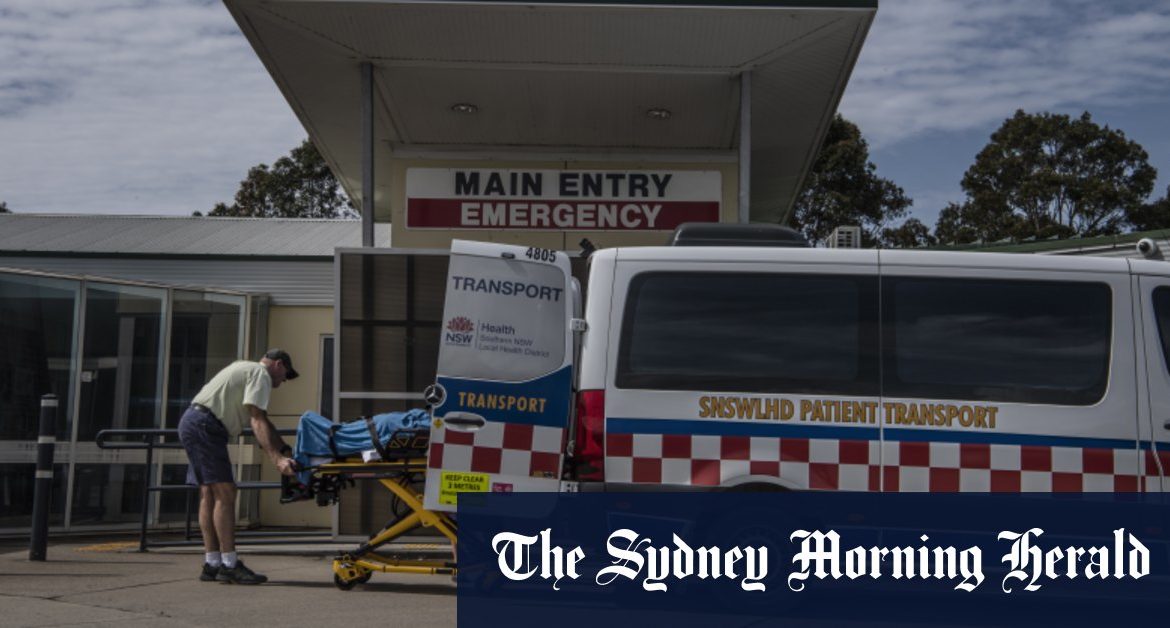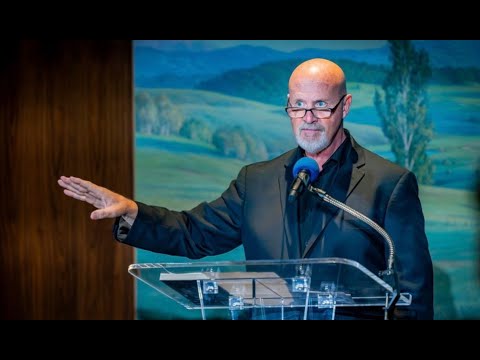“Project delays and budget overruns on some major projects indicate that Health Infrastructure’s project governance, risk assessment and management systems could be improved,” Auditor-General Margaret Crawford found in the Health 2020 report.
A NSW Health spokesman said there had been no overspend on infrastructure projects. Rather, the revised budget reflected “the increased scope of projects, particularly hospital facilities, to ensure that patients throughout NSW continue to receive world-class care”.
Ms Crawford’s report on the finances of NSW Health in 2019-20 identified significant impacts from the COVID-19 pandemic, including changes to its operations and increased expenditure. NSW Health received an additional $3.3 billion to respond to the pandemic.
A NSW Health spokesman said the total annual spend on PPE across all NSW government agencies was $1.1 billion at June 30, up from $30 million the previous year.
“Because of the unprecedented volume of PPE stock coming in during a short period of time … the stocktake process was challenging at first. More robust stocktake procedures have now been implemented,” he said.
NSW Health failed to meet its target of having 81 per cent of emergency department patients treated within four hours, with only 72.1 per cent of patients attended to within that timeframe in 2019-20.
The figure was worse in the Western Sydney Local Health District, which includes Westmead, Blacktown and Auburn hospitals, where only 59 per cent of patients were treated within four hours.
“NSW Health attributes this to the profile of patients … and additional time taken processing COVID-19 patients to ensure staff safety,” the report said.
The Auditor-General found nine sentinel events were reported in 2019-2020, down from 22 last year. Sentinel events are serious and preventable medical errors that result in the death or harm of patients and can include operations where the wrong procedure is performed or the removal of the wrong body part.
Loading
In the past year, there was one foreign object left inside a person after surgery, two suspected patient suicides in acute wards, three medication errors that resulted in serious harm or death and three events in which a gastric tube was incorrectly positioned.
Labor’s health spokesman Ryan Park said the findings highlighted concerning issues around governance and management across NSW Health.
“Almost three out of 10 people in emergency departments aren’t getting treated within four hours and are waiting longer for the care they need.”
He said nine sentinel events was”nine too many”.
Average ambulance response times fell within the target of ten minutes, however response times increased by two per cent on the previous year to allow paramedics to don PPE before responding.
Lucy Cormack is a state political reporter with The
Sydney Morning Herald.
Most Viewed in National
Loading







